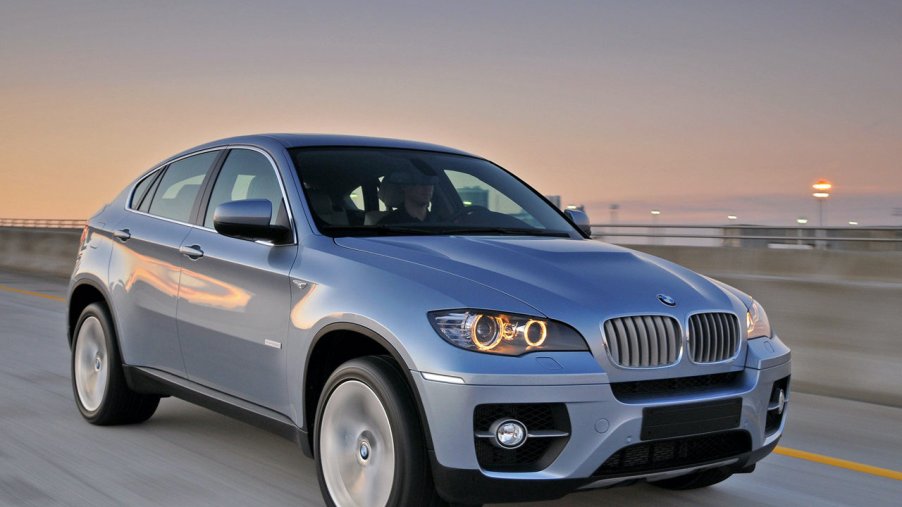
5 Used Hybrid Vehicles That You Should Avoid
The hybrid car segment is steadily growing every year thanks to automakers consistently finding ways to advance the technology. In the past decade, hybrid powertrains have seen a marked increase in fuel economy, but that wasn’t always the case.
Some hybrid vehicles in the past weren’t as tech-savvy or efficient, which is why they aren’t around anymore. So, if you’re in the market for a used hybrid, here are five examples that you should probably stay away from.
Lexus HS 250h
Produced from 2012 to 2015, the Lexus HS 250h was Lexus’ first dedicated hybrid car that existed before they debuted the Lexus ES 300h.
It was kind of like a Lexus version of the Prius, however, it used the same 2.5-liter engine/motor setup as the Camry Hybrid, which yielded a rating of 35 mpg combined, as opposed to the Prius’ 50 mpg average.
As you can guess, the paltry fuel-economy rating coupled with a loud engine and a high price tag of $37,000 didn’t appeal to many buyers and it ended up getting the ax after just three years.
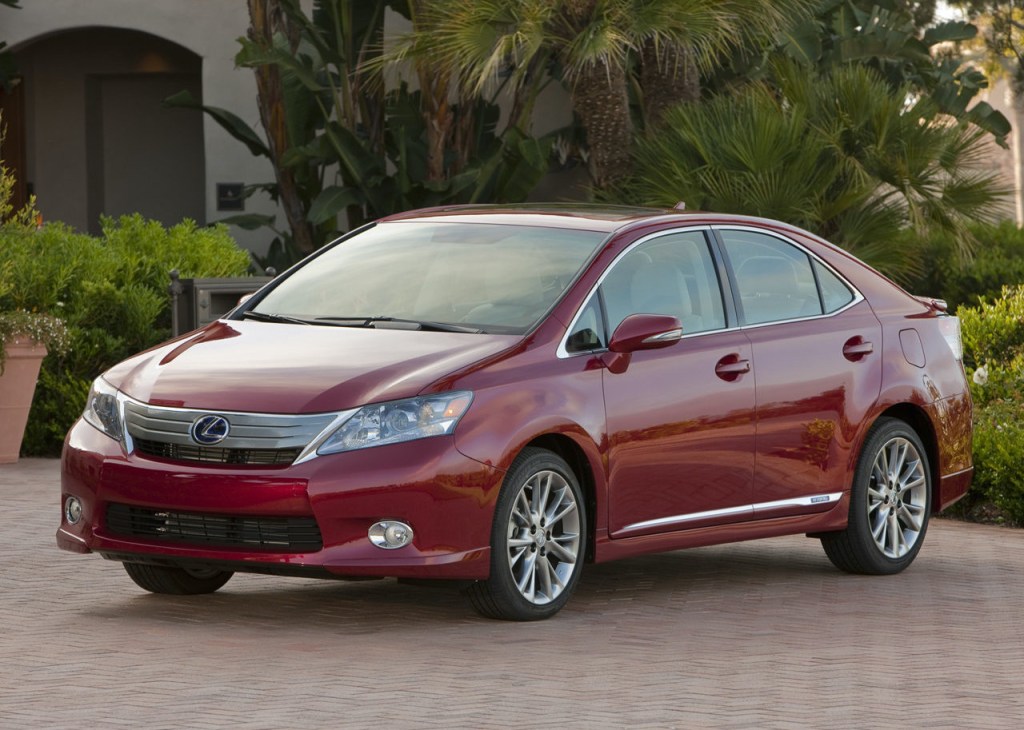
BMW ActiveHybrid X6
The X6 has always been an oddity in the car market. Billed by BMW as a “sports activity vehicle,” the cartoon-looking, fastback crossover SUV once had a hybrid twin from 2010 to 2011.
The ActiveHybrid X6 used a dual-motor hybrid system paired to a twin-turbo V8 that produced a combined output of 400 horsepower and 455 lb-ft of torque. Does any of that scream “fuel efficient?” No, it doesn’t.
According to Green Car Reports, the ActiveHybrid X6 achieved only 19 mpg combined, which was more efficient than the standard X6 (15 mpg combined), but not very gas-saving overall.
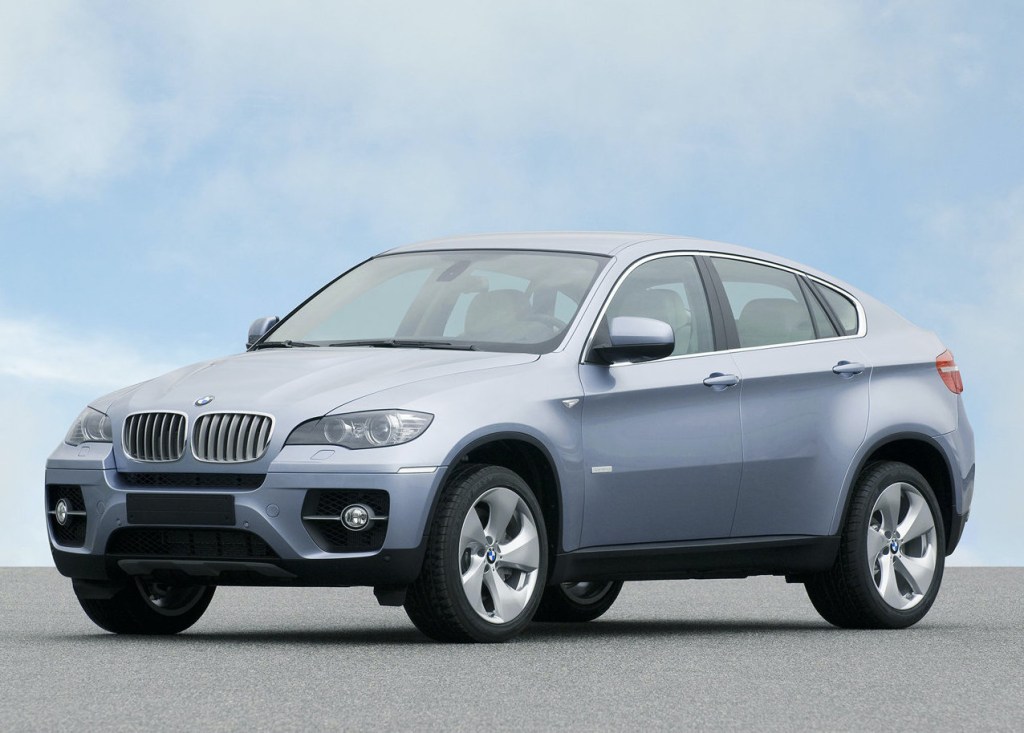
Nissan Pathfinder Hybrid
Does a Pathfinder Hybrid make sense to you? No? Well, apparently, it didn’t make sense to Nissan either which is why they cut production after just one model year, back in 2014.
Under the hood of the unique Pathfinder was a 2.5-liter, four-cylinder engine that was mated to a 15-kWh electric motor and connected to a CVT transmission. The electric motor just provided an assist to the engine and together they produced only 250 horsepower.
This recipe for non-efficiency garnered a combined 26 mpg, which was only 4 mpg better than the gasoline model with a V6 engine.
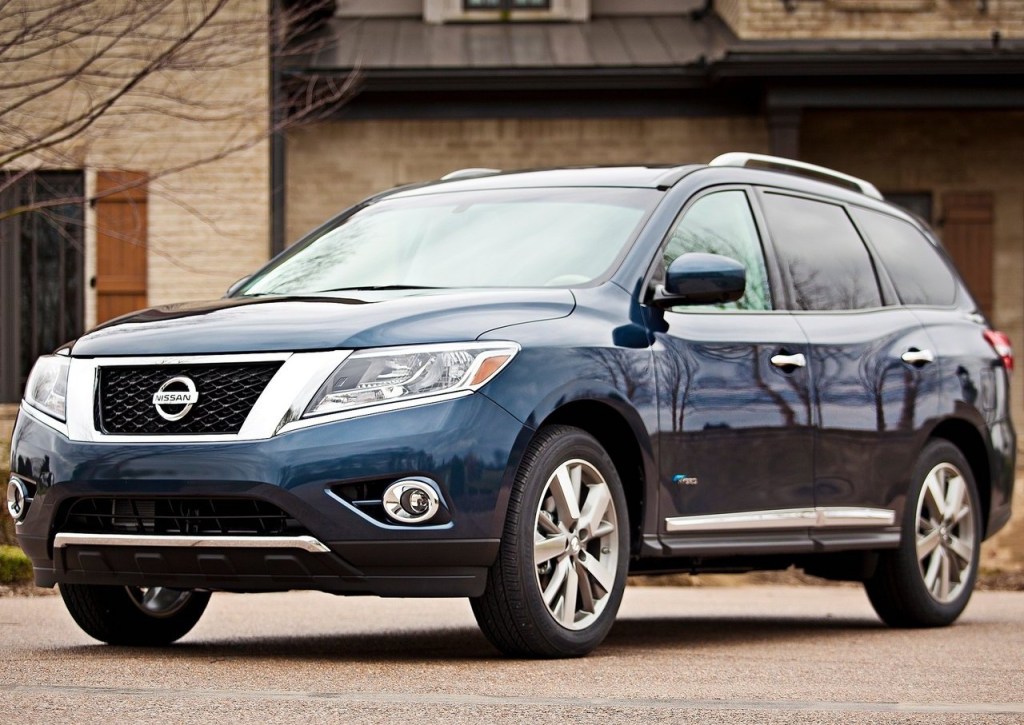
Chevrolet Malibu Hybrid
Produced from 2008-2009, the Chevy Malibu Hybrid could have been considered as an exercise in trial-and-error by GM. It operated off the company’s Belt-Alternator Starter system, in which a belt-driven electric motor was put in place of the alternator to assist with the start/stop feature.
The result was a clunky-driving powertrain that no smoother than its gasoline counterpart and not that much more efficient, either. The Malibu Hybrid achieved a combined mpg rating of 27 mpg compared to the 25 mpg combined from the Malibu outfitted with the 2.5-liter four-cylinder.
It was hardly efficient and not very popular back then or now. If you can find one, we suggest not buying it.
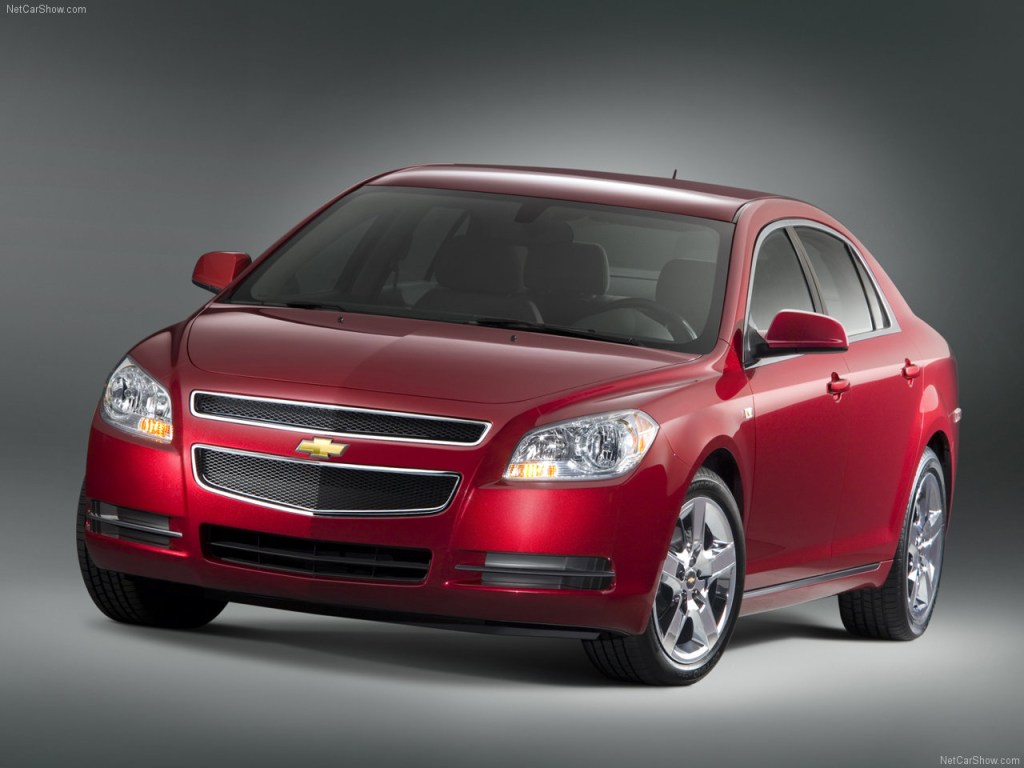
Honda Accord Hybrid
No, not the newer Accord Hybrid, we’re talking about the one made from 2005 to 2007. You might not remember it, but during the time of the first-generation Insight and Civic Hybrid, Honda also released an Accord Hybrid with a 3.0-liter V6 paired to an electric motor that produced 255 horsepower.
They billed it as a performance hybrid at the time, however, the public wasn’t ready for it since they associated hybrid cars with being fuel-efficient. Unfortunately, this Accord Hybrid wasn’t that efficient, only garnering a combined 25 mpg from its Integrated Motor Assist setup.
In total, it only sold 28,500 units during its production cycle and was discontinued. While it does exude Honda reliability, we would suggest going with a hybrid car that’s more efficient, or perhaps a regular Accord.
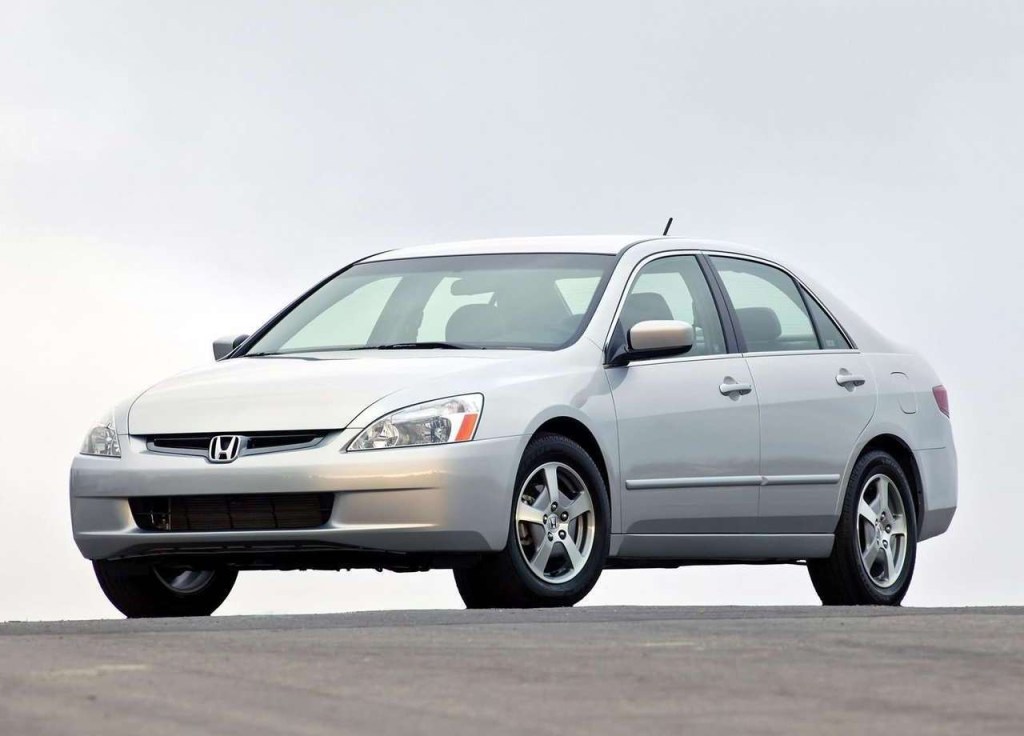
Avoid at all costs
Some of these cars were echoed from a list created by Green Car Reports, however, you might want to check out their list for other hybrids to avoid. If you get a chance to check out any of the hybrid vehicles mentioned, you might find them to be very affordable. Don’t fall for the mirage, though, as their hybrid efficiency might actually end up costing you more in the long run.



